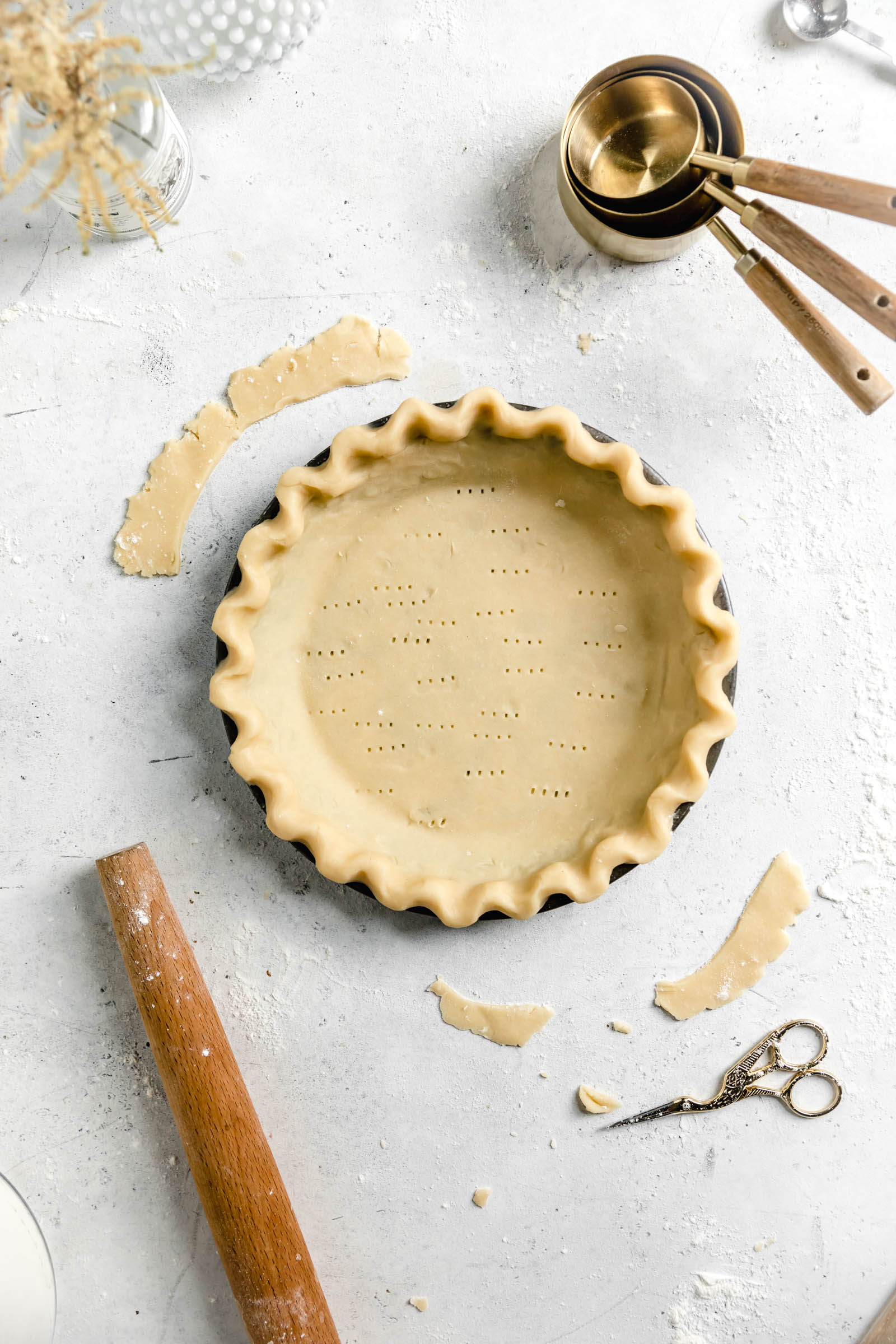Home / I Like Pie 2019 I Like Pie is an untimed run/walk that takes place on Thanksgiving morning in the Old Mill District. Participants have two distance options to choose from at registration, including an untimed 5k community fun run/walk and an untimed 1.5 mile family run/walk. This pie crust is my personal favorite and is made using a food processor, which makes cutting the butter into the flour very simple. By the way, you can make a double batch of this, and freeze the individually wrapped dough for future pie-related adventures. The federal deficit in 2019 was $984 billion, equal to 4.6 percent of gross domestic product. Learn more about the deficit with a new interactive version of the infographic. Accessibility Menu: With Android 9's new accessibility menu, common actions like taking screenshots and navigating with one hand are now easier for motor impaired users. Select to Speak - OCR in Camera View: With Select to Speak, you can select text on the screen and the content will be read aloud. Now, Android 9 has added added OCR support for S2S in Camera and Pictures to make text even more. Also if you are using a homemade pie crust I recommend you bake it a tad before adding the filling. Otherwise the crust will get mushy. I cooked my pie for almost an hour (cooking time varies)and then cooked for 15 minutes on the very bottom rack to finish the cooking of my crust while also lightly browing the top of the pie.
The report highlights the need for reforms to local jails, which now hold more women than state prisons do.
October 29, 2019 Shimo 4 1 5 1 download free.
Vmware horizon ctrl alt del mac. A report released this morning by the Prison Policy Initiative and the ACLU Campaign for Smart Justice presents the most recent and comprehensive data on how many women are locked up in the U.S., where, and why. Buzzluck casino no deposit bonus.
2019 Pie Awards
Women in the U.S. experience a dramatically different criminal justice system than men do, but data on their experiences is difficult to find and put into context. The new edition of Women's Mass Incarceration: The Whole Pie, which the Prison Policy Initiative and ACLU have published every year since 2017, fills this gap with four richly-annotated data visualizations about women behind bars.


Mustard Pie 2019
'Producing this big-picture view of incarcerated women helps us see why many recent criminal justice reforms are failing to reduce women's incarceration,' said report author Aleks Kajstura. Most importantly, the new report underscores the need for reforms to local jails:
- More incarcerated women are held in local jails than in state prisons, in stark contrast to incarcerated men, meaning that reforms that only impact people in prison will not benefit them.
- The number of women in local jails grew between 2016 and 2017 — a trend that reflects counties' growing reliance on jails to solve social problems.
- Women convicted of criminal offenses are more likely than men to be serving their sentences in local jails, where healthcare and rehabilitative programs are much harder to access than in prisons.
- On any given night, 4,500 immigrant women are held for ICE in local jails — over half of the 7,700 women held in immigration detention.
Pei 2019 Atlanta
The hit list 1 1 4 – advanced reminder application. The report goes on to explain why 231,000 women are locked up in the U.S.:
- 73% of women in prisons and jails are locked up for nonviolent offenses, in contrast to only 57% of all people in prisons and jails (who are almost entirely men).
- 10% of girls in the juvenile justice system — compared to only 3% of boys — are held for status offenses like running away, truancy, or 'incorrigibility,' which would not be crimes if committed by adults.
- 27% of women in prisons and jails are locked up for violent offenses, including acts of violence committed in self-defense.
Beyond presenting new data, Women's Mass Incarceration: The Whole Pie 2019 also reviews the existing literature on women's incarceration, including the Prison Policy Initiative's prior research on gender disparities in police contact, women's access to reentry services after incarceration, and the incomes of women in prisons and jails.
